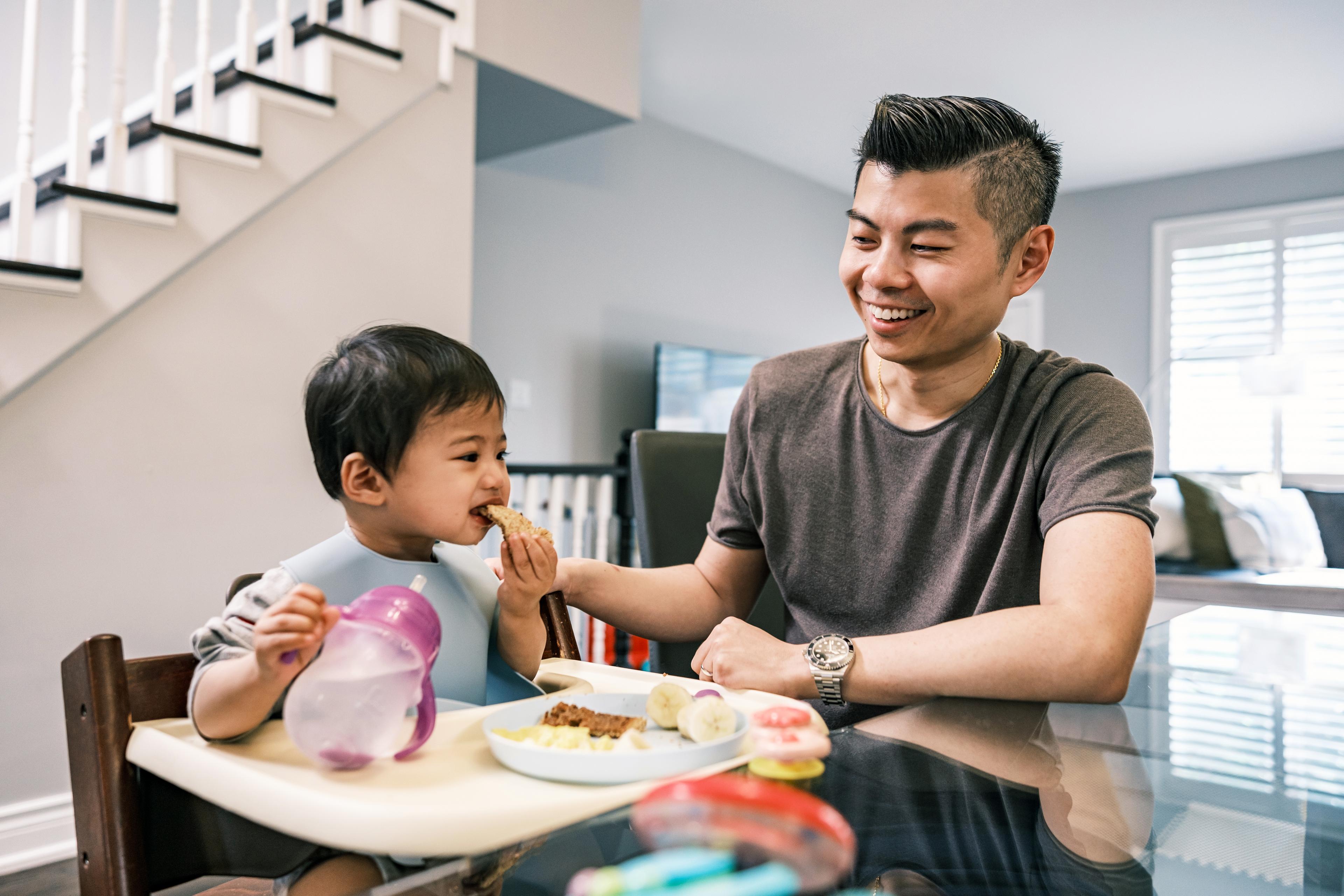Have Questions About Your Little One’s Allergies? Here Are the Answers
| 3 min read

Experiencing an allergic reaction—whether it’s to a seasonal plant or something you ate—can be scary for both you and your loved ones. If you’re a parent watching a child have an allergic reaction, that fear escalates and gets mixed with helplessness and uncertainty. Some of the symptoms can be really frightening and you aren’t sure what’s happening or how to make your kid feel better. And since nearly 1.7 million children suffer from one or more allergy, this is something a lot of parents have to deal with.
Before allergy season kicks into high-gear, read over the answers to the top questions parents have about childhood allergies:
- If my child has an allergy, how will I know? If your child has seasonal allergies, look for symptoms like sneezing, a runny or stuffy nose, and watery or puffy eyes, along with itching of the eyes, nose or roof of the mouth. For food allergies, look for signs like hives, eczema or redness on the skin; itching or swelling of the lips, tongue, or mouth; nausea, vomiting, or diarrhea; as well as lightheadedness or fainting. Remember that you know your child best, if you notice that they are acting differently or feeling off, it is good to wonder and figure out why.
- What kind of doctor should I visit to get my child’s allergies tested? An allergist is your best bet, but talk with your pediatrician first. If your child has chronic symptoms and signs of difficulty breathing, and/or if the allergies are interfering with their day-to-day activities, it’s time to see the specialist.
- What are some of the most common types of allergies? The top food allergies include milk, eggs, peanuts, tree nuts (like walnuts, almonds, hazelnuts, cashews, pistachios and Brazil nuts), wheat, soy, fish, shellfish and sesame. Some of the most common seasonal allergy triggers include ragweed, grass, pollen and mold.
- Can kids outgrow an allergy? They can, but it isn’t a guarantee. Dairy and soy allergies are likelier to fade as kids get older, whereas shellfish and peanut allergies tend to linger for longer spans of time. Data also indicates that the earlier a child starts to experience an allergy, the likelier they are to outgrow it. A seasonal allergy is tougher to phase out, but it can happen around puberty.
- What can we do at home to help minimize allergy symptoms? Reducing food allergy symptoms comes down to avoiding having or serving that food to your child, but seasonal allergies are harder to manage. Start by using your air conditioner (for filtered air) rather than leaving windows open, adding dust mite covers to bedding and fabric furniture where possible, avoid letting them play outside early in the morning when pollen counts are at their highest (and after playing outside, have them take a shower and change into a fresh set of clothes), and being mindful when playing with dogs and other pets (who could transfer pollen or other substances over to your child; handwashing helps!).
If you have any additional questions or concerns about allergies as they relate to your kids, be sure to ask your pediatrician or an allergist.





